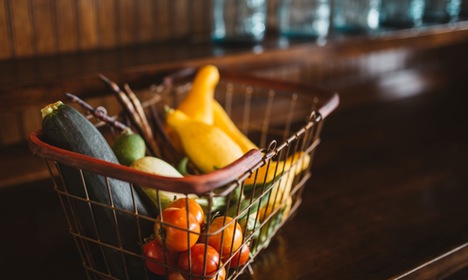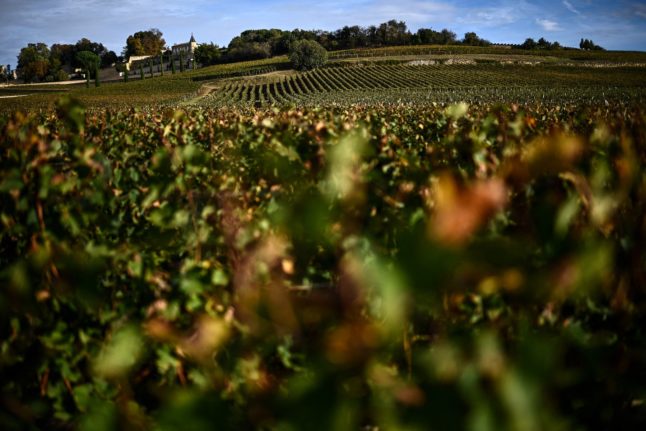The woman helped herself to food including a packet of biscuits and a tin of tuna, worth a total of €14, from a supermarket shelf – but she was caught red-handed, local paper Cronache Maceratesi reported on Thursday.
After the shop owner reported the woman to police, the 61-year-old broke down in tears. She told officers that after losing her job, she had been unable to find work and struggling to survive as she was still too young to collect a state pension. As a result, she hadn't eaten for several days.
After verifying her story, the kind-hearted officers provided her with a meal.
Police also paid for her bus ticket home, and contacted a religious charity, which gave the woman further supplies They alerted the social services to her situation as well.
The annual poverty report from national statistics agency Istat, released earlier this month, showed that the number of people living in poverty in Italy was at a ten-year high, with 4.6 million in “absolute poverty”.
Italy's Court of Cassation, the highest administrative court, earlier this year acquitted a homeless man for a theft of cheese and sausages, saying the man “acted out of necessity”.
Back in August, Rome police warmed hearts around the world after cooking pasta for a lonely elderly couple. The pair had been crying so loudly that their neighbours alerted police, who cooked the pensioners a simple meal of pasta and parmesan.




 Please whitelist us to continue reading.
Please whitelist us to continue reading.
Member comments